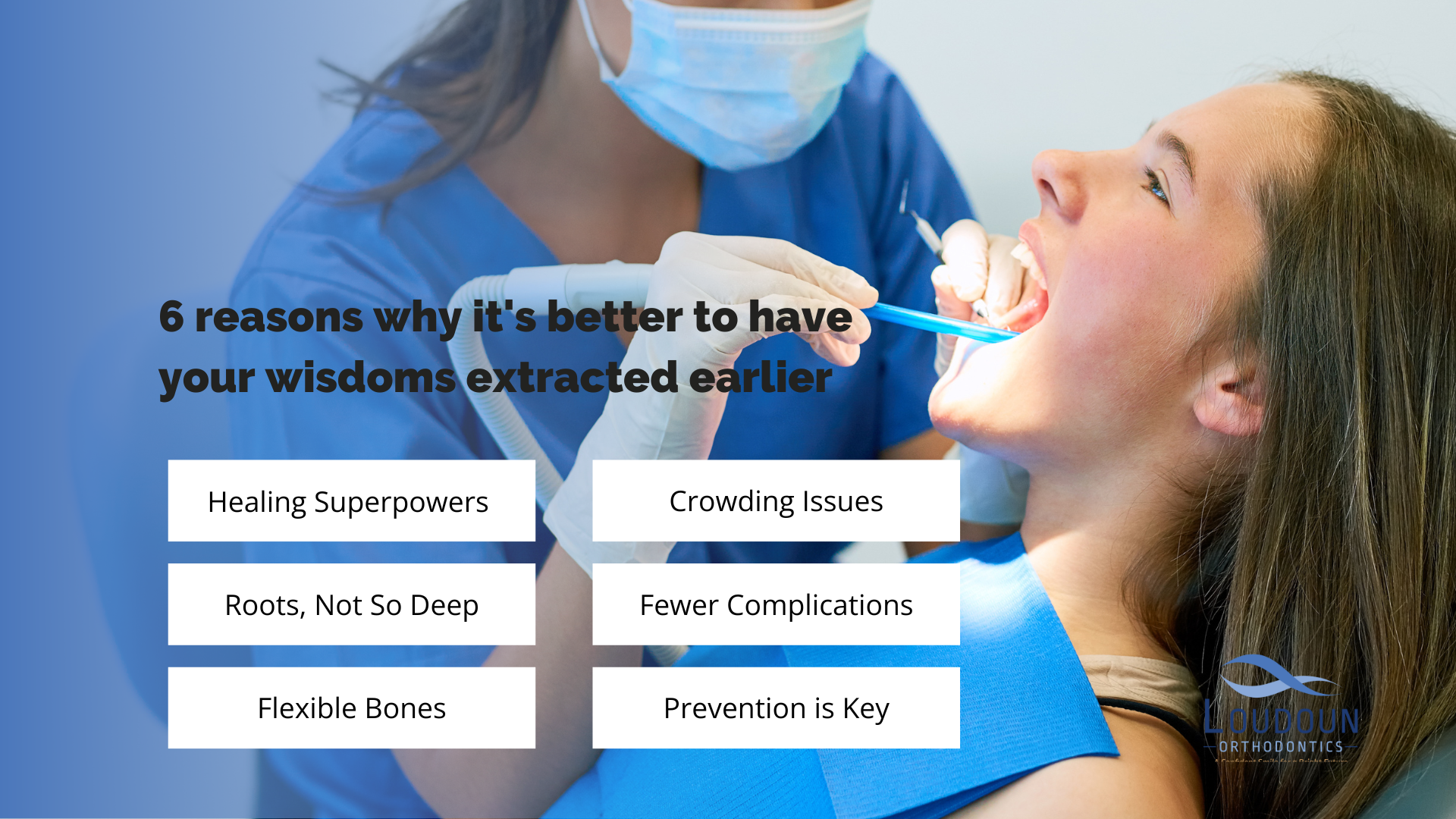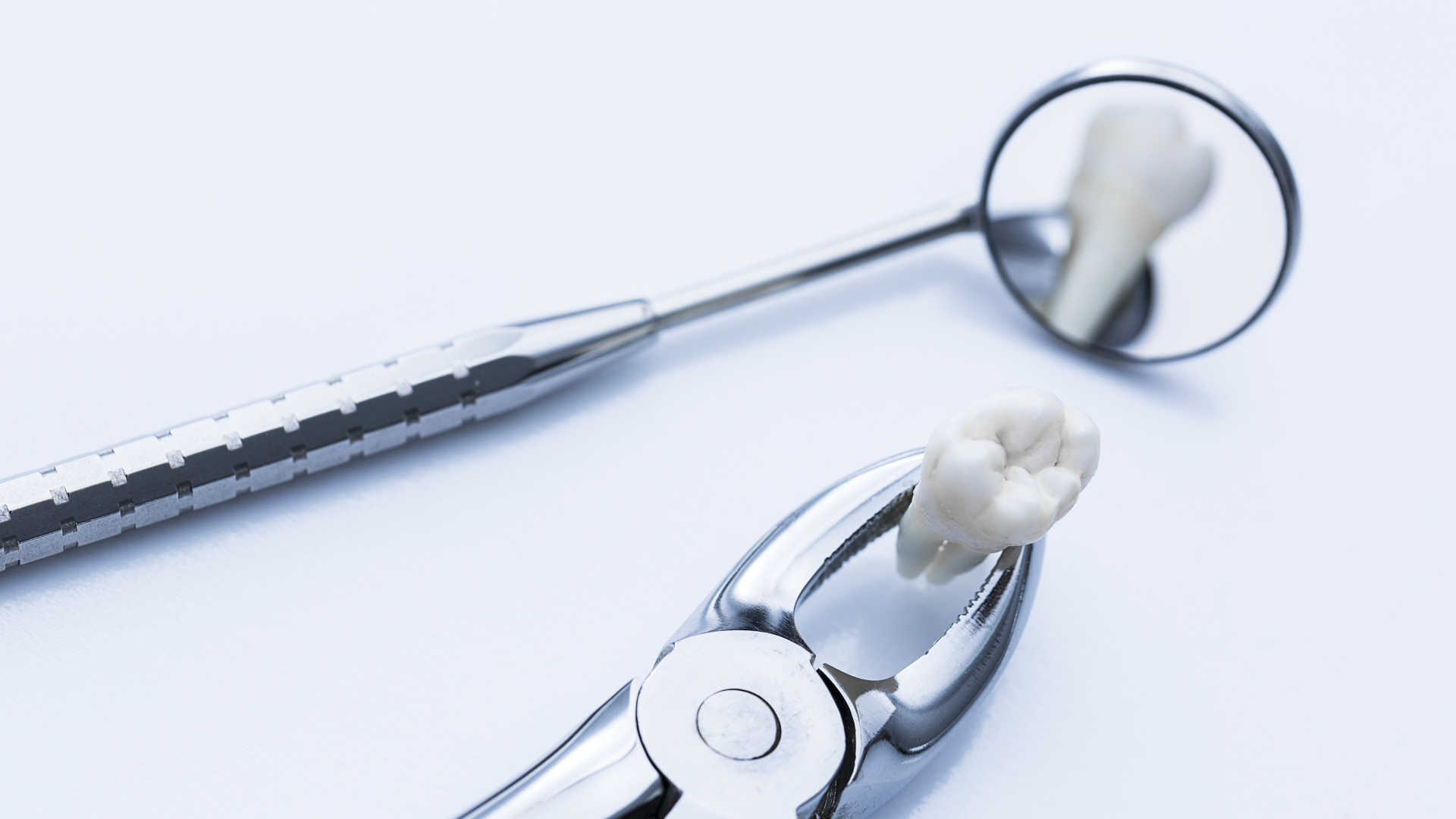Step right into the captivating universe of wisdom teeth, where the clock ticks to its own dental rhythm, and age unveils more than just a number!
In this dental odyssey, these fashionably late molars usually steal the spotlight during the teenage years, but hold on—not everyone’s oral narrative takes the same plot twists.
Prepare for a journey through the why’s and how’s as we unravel the mysteries of why some folks encounter their wisdom teeth in the teen years, while others cross paths with them in the hustle and bustle of life at 50, and yes, even how a few brave individuals navigate this dental escapade at the seasoned age of 70.
Each age group has its own set of considerations and dental adventures, making the saga of wisdom tooth removal a tale with multiple chapters and unique twists.
Table of Contents
What Is the Ideal Age for Wisdom Teeth Removal?
Wisdom teeth, those elusive third molars, love to enter the oral stage roughly between the ages of 17 and 25.
Now, deciding when to bid these molars farewell is a delicate dance.
If these third molars decide to go all out and fully form without a roomy spot to call home, they can stir up quite a commotion in your mouth, featuring skewed teeth, rotations, and the unwelcome arrival of infections, all wrapped up in a package of throbbing pain.
The consensus among most dentists is that the sweet spot for extraction is when the roots of these teeth have developed enough to be safely ousted but not so fully formed that they’re throwing elbows at their neighbors in the dental neighborhood.
It typically occurs in your late teens or early twenties—a dental coming-of-age when wisdom teeth are a bit like teenagers themselves: not fully mature, but grown-up enough to be dealt with responsibly.
This timing also plays well with the flexibility of the bones in your jaws during youth, making the extraction process more manageable than if you decide to tango with wisdom teeth removal later in life. It’s all about finding that dental sweet spot
6 Reasons to Undergo Wisdom Tooth Extraction Sooner Rather Than Later

- Healing Superpowers: Youth comes with a remarkable gift—enhanced healing abilities. Picture it as a superpower, where your body swiftly mends itself. In your younger years, your mouth confidently declares, “No problem, I’ve got this,” and exhibits faster healing after wisdom teeth extraction.
- Roots, Not So Deep: In youth, the roots of your wisdom teeth are not fully developed. They resemble young trees with shallow roots, making extraction easier. As time progresses, these roots dig deeper, complicating the removal process.
- Flexible Bones: The bones in your youthful mouth resemble a flexible straw. This pliancy reduces the risk of complications during extraction. With age, your bones transition to a more rigid state, posing a greater challenge.
- Crowding Issues: Wisdom teeth are comparable to uninvited guests at a bustling mouth party. Early removal prevents them from disrupting the dental gathering, saving you from potential braces or other dental interventions later on.
- Fewer Complications: As you age, the likelihood of complications from wisdom tooth extraction—such as nerve damage or infections—increases. It’s akin to navigating the contrast between a smooth sail on calm seas and a somewhat turbulent ride on choppy waters.
The Youngest Age for Wisdom Tooth Extraction

The grand entrance of wisdom teeth typically occurs between the ages of 17 and 25, marking their debut on the oral stage. However, in a plot twist that’s not entirely unheard of, these teeth can occasionally appear early, showing up as soon as 15 or 16.
Now, the age for their removal isn’t etched in stone; it’s more about timing and necessity than a specific birthday. Picture dentists as detectives, scrutinizing a few clues to determine when it’s time to make a move. They investigate how much these wisdom teeth have matured, their positioning, and whether they’re causing any dental mischief, like pain or overcrowding.
If these teeth are stirring up trouble—perhaps pushing their dental neighbors out of place or proving impossible to keep spick-and-span – dentists might say, “It’s time for them to go,” even if the patient is still in their mid-teens. Conversely, if these wisdom teeth are on their best behavior, maintaining a low profile and not causing any disturbances, they might get the green light to hang around a bit longer. It’s a dental judgment call based on the individual case.
Can I Still Have My Wisdom Teeth Removed after Age 50?
Wisdom teeth, those latecomers to the dental scene, typically make their grand appearance in the late teens or early twenties. However, only some find themselves on the extraction table during those youthful years. Some of these molars are peaceful roommates, causing no commotion and coexisting harmoniously with their dental neighbors.
Now, fast forward a few chapters on the calendar, and the story can take a turn as you hit the age of 50. Those once-docile wisdom teeth might decide it’s time for a rebellion. They could be brewing cavities, inciting gum disease, or creating a stir by nudging other teeth out of place. Alternatively, they might stay incognito, becoming impacted and potentially causing pain or infections.
Removing wisdom teeth at 50 is a different ballgame than your teen years.
As we age, our bones adopt a more seasoned oak-like quality—sturdy but less forgiving. This means the extraction procedure might be more intricate, and the recovery process could take longer than in your teens or twenties.
But fret not! Modern dentistry has worked its magic to make wisdom tooth removal at this age as seamless as possible. Dentists carefully weigh factors like overall health, the condition of the teeth, and potential risks. If the green light is given, it’s all systems go for the extraction adventure.
Can I Still Have My Wisdom Teeth Removed after Age 70?

Embarking on the odyssey of wisdom tooth removal at 70 might raise an eyebrow or two, but in the diverse landscape of dental experiences, surprises are always in store.
At 70, the terrain of dental health is distinct from the younger years. Bones are more akin to seasoned hardwood, robust yet less adaptable. If wisdom teeth decide to stage a rebellion at this age, their removal demands a touch of finesse and extra care.
The key takeaway here is that while age introduces a layer of complexity, it’s by no means a barricade. Dentists, akin to skilled navigators, meticulously evaluate the scenario. They take into account the overall health of the patient, the condition of the teeth, and the potential risks and benefits of the procedure. If those wisdom teeth are causing a stir—be it pain, infection, or other dental predicaments – a dentist might advocate for their removal, even at the seasoned age of 70.
Granted, the procedure at this age may come with its challenges. Healing may extend longer, and the risk of complications could be elevated. However, these hurdles can be navigated and managed successfully with modern dental techniques and diligent care. It’s a testament to the ever-evolving capabilities of dental science and the adaptability of dental care to various stages of life.
Wisdom Tooth Removal in Northern Virginia!
Contact Loudoun Orthodontics if wisdom tooth removal is the solution to your dental woes. Whether you want to learn more about the benefits of orthodontic care or have questions about the process, use our live chat or call (703) 858-0303 or message us through our Contact Us page to connect with our friendly staff today and book a complimentary consultation!
Our office—located at 19465 Deerfield Ave. Suite 304, Lansdowne, VA 20176—proudly serves the Loudoun County area, as well as the Lansdowne, VA area. So, if you’re residing in Ashburn, Leesburg, or Sterling and are looking for one of the best orthodontists in Northern Virginia, don’t hesitate to visit our office!
We also invite you to keep up with our blog to get answers to many of the frequently asked questions about maintaining your perfect smile, and follow us on Facebook and Instagram to become a part of our smiling community!

